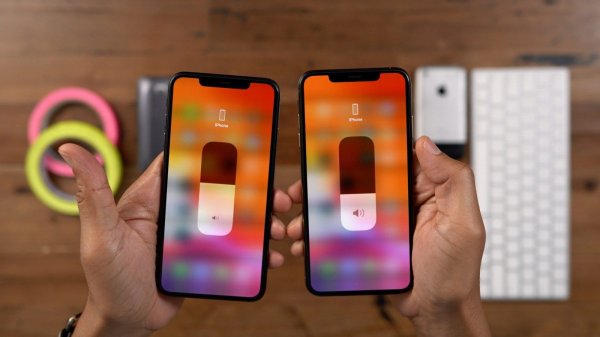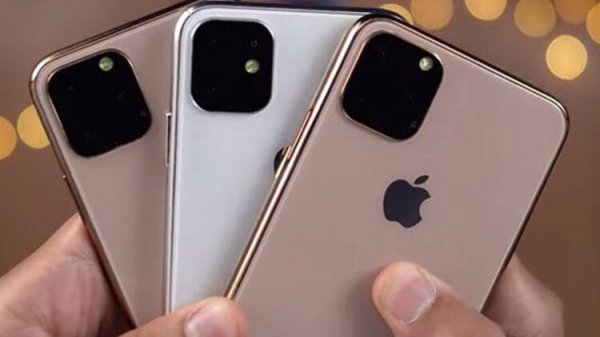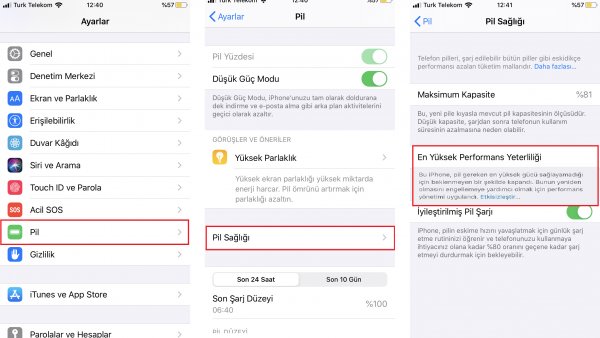Appleadmitted that it was the first time in 2017 that it deliberately slowed down older iPhone models and had a great response.
Although the company announced that it has made processor restrictions to prevent random shutdown problems occurring in aging batteries, users were not very pleased with this statement due to slower iPhones .
Apple faced many lawsuits after announcing that it has intentionally slowed older iPhone models. One of those who sued at that time was the French Consumer Organization.

The lawsuit filed by the French Consumer Organization for almost 3 years has finally been concluded. Apple was fined 25m euros for deliberately slowing older iPhone models.
Laetitia Vasseur, one of the founders of the French Consumer Organization, who commented on the decision , stressed that they won a great victory.

Batteries in smart phones wear out as they are used and their charging life is also reduced. Apple explains this situation as follows:
'' For a phone to work properly, electronic components must be able to instantly take charge from the battery. The impedance of the battery is one of the features that affect this instant power transmission. A high-impedance battery may not provide enough power to the system that needs power. A high chemical age can increase the impedance of the battery.
Low battery charge, high chemical age, and low temperatures increase the likelihood that users will experience an unexpected shutdown. In extreme conditions, the system shuts down more frequently, making the device unreliable and unusable. As your battery's health decreases, its ability to deliver the highest performance also decreases. ''
In short, Apple says the processor has restricted the processor to eliminate the negative effects of worn-out batteries on the processor and prevent sudden shutdowns.

Apple had quite a reaction because it slowed iPhones without telling users . The company has added a setting where users can turn off processor restriction with the iOS 13.1 update.
Enter in the Settings section of your iPhone and tap Battery> Battery Health.

On this screen, you will see the following warning under the title of "Highest Performance Adequacy" : "This iPhone has closed unexpectedly because the battery could not provide the highest power required. Performance management has been implemented to help prevent this from happening again. Disable . ''
By pressing the Deactivate button, you can disable the Performance management feature and remove the restriction. However, if you turn off this feature, let's remind you that you cannot reactivate it. When you turn off the feature or if it is already off by default, the following screen appears.
"Your battery supports the highest performance it should have right now."

This feature is automatically reactivated when an unexpected shutdown occurs and the restriction takes effect. However, Apple also offers you the option to disable this feature over and over again.
So what changes are there on your phone due to Apple's restrictions? We have investigated the answer to this question for you and, according to Apple, we have listed the changes that occurred on your phone when the restriction was active:
Longer time required to launch apps
Decreasing the frame rate while scrolling
Reducing backlight
Decreasing speaker volume up to -3 dB
Gradual reduction of frame rate in some applications
In extreme conditions, it can be seen that the camera flash is disabled in the camera interface
Background-renewed apps may need to be reinstalled after launch
According to Apple, the following features are not affected by this restriction, even when performance restriction is in effect.
Cellular call quality and network transfer rate
Photo and video shooting quality
GPS performance
Location accuracy
Sensors such as gyroscope, accelerometer and barometer
Apple Pay